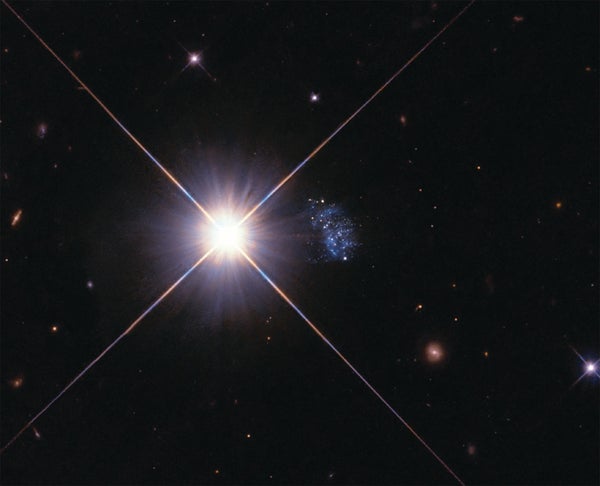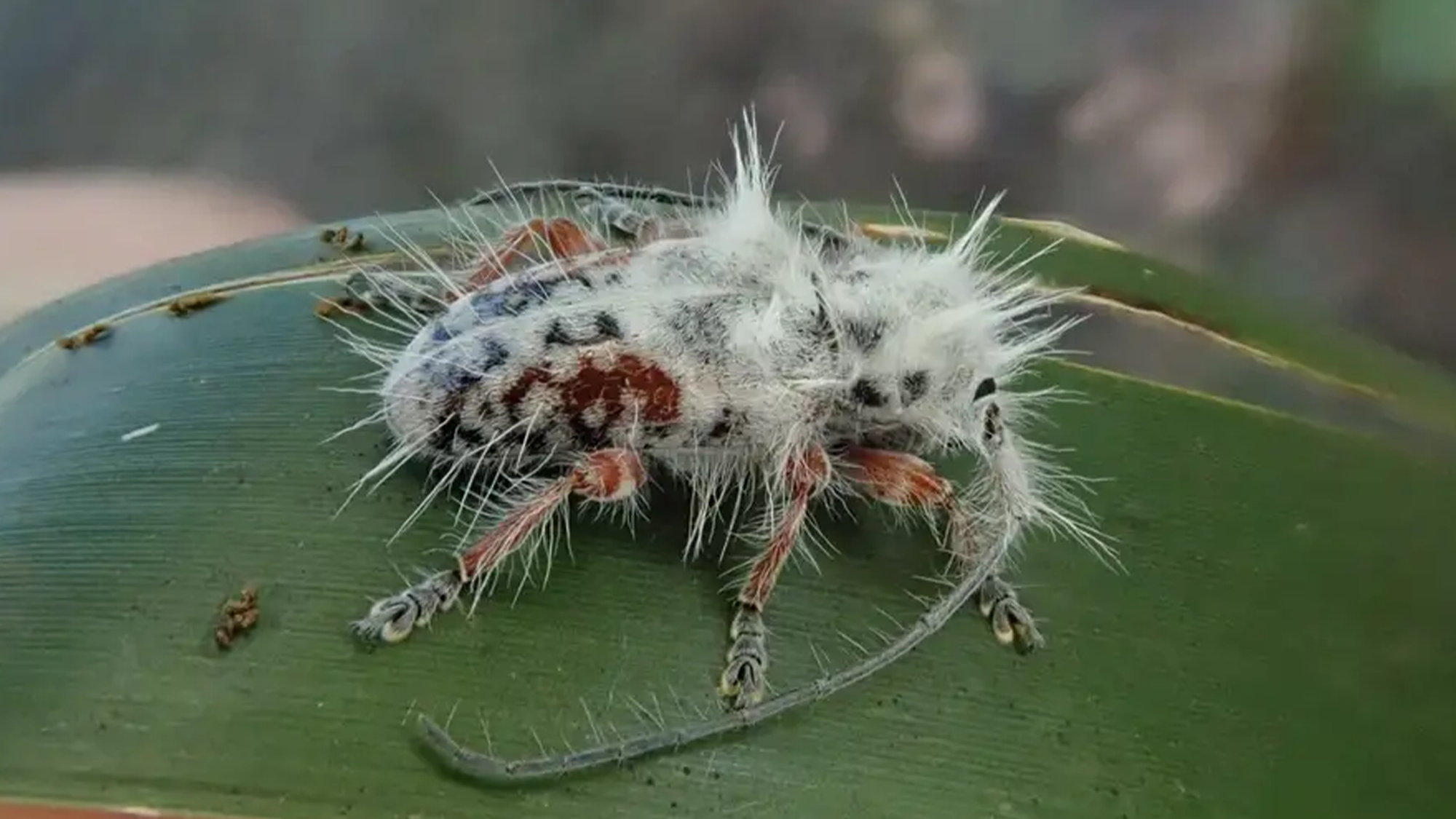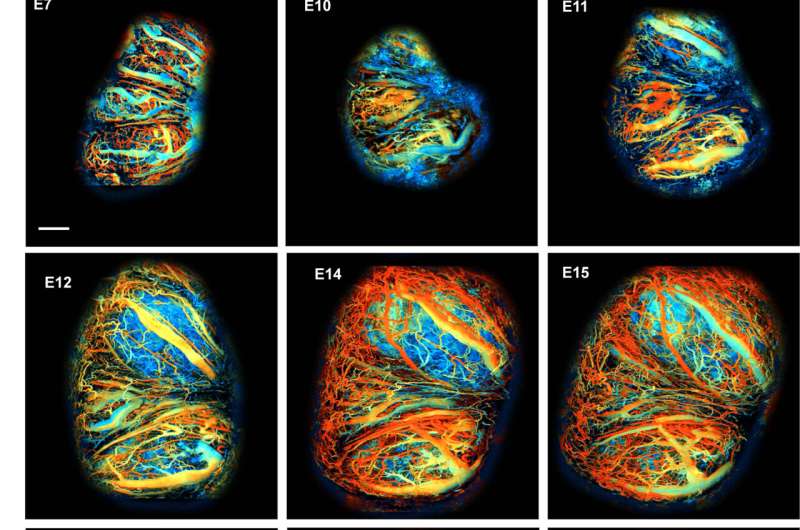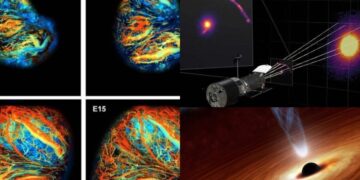This week’s science news brings a delightful mix of the strange, the adorable, and the groundbreaking.
Get ready for a whirlwind tour of the latest scientific discoveries, from the grand cosmic canvas to the intricacies of life on Earth.
A Peek at the Early Universe: An Anemic Galaxy Reveals Its Secrets
Astronomers wielding the powerful James Webb telescope are peering deeper into the cosmos than ever before. Their latest target: I Zwicky 18, a curious dwarf galaxy nicknamed “anemic” due to its extreme metal poverty. Unlike galaxies brimming with heavier elements forged by generations of stars, I Zwicky 18 is dominated by primordial hydrogen and helium, a signature of the early universe. This deficiency hints at the presence of Population III stars, the very first generation of stars that blazed to life billions of years ago. Studying the intense star formation happening within I Zwicky 18 could offer invaluable insights into how these ancient stellar giants laid the groundwork for the chemical diversity we see in the universe today.

Nature’s Fuzzy Wonder: A New Bug with a Built-in Defense Mechanism
The natural world never ceases to amaze. This week, an Australian researcher stumbled upon a delightful surprise – a brand new genus of fluffy longhorn beetle! Christened Excastra albopilosa, which translates to “white and hairy bug we found in the camp,” this fuzzy fellow stands out from its smoother brethren. Scientists believe its fur coat might be an ingenious evolutionary adaptation. The dense fur could mimic an insect-killing fungus, deterring potential predators and ensuring Excastra albopilosa lives to see another day. This discovery not only expands our knowledge of beetle diversity but also highlights the fascinating strategies creatures employ to survive in a competitive world.

Black Hole Underachiever: More Hype Than Heft?
Black holes are often portrayed as cosmic monsters, devouring everything in their path. However, a recent study challenges this stereotype. Astronomers investigating a quasar named H1821+643 discovered a rather underwhelming black hole. Unlike its supermassive counterparts that gobble up surrounding gas and dust, H1821+643 seems to have a case of cosmic indigestion. A dense cloud of gas curiously hangs out near its event horizon, suggesting the black hole struggles to exert its usual gravitational pull. This “underachieving” black hole forces us to reconsider our assumptions about these enigmatic objects and opens doors for further investigation into the varied lives of black holes across the universe.
A Window into Pregnancy: New Technique Images Mouse Placenta
Science is constantly pushing the boundaries of medical imaging. Researchers at Duke University have developed a groundbreaking technique that offers high-resolution views of mouse placenta development. This technology utilizes photoacoustic microscopy, enhanced with new hardware and machine learning methods. By implanting a small window in the mouse, the researchers were able to capture detailed images of the placenta and blood flow throughout pregnancy. This innovative approach could prove invaluable in understanding human placental development and potential complications. Studying healthy placental function can provide insights into how the placenta facilitates nutrient exchange and waste removal between mother and fetus. Additionally, the technique could be adapted to investigate the impact of factors like maternal health or environmental toxins on placental function, paving the way for improved prenatal care.

Beyond the Headlines: A Universe of Exploration Awaits
This is just a taste of the fascinating science stories unfolding this week. The provided website offers a treasure trove of additional discoveries waiting to be explored. Delve deeper into the impact of Indigenous populations on rainforests, marvel at the discovery of a wild star in a globular cluster, or ponder the surprising ability of astronauts to navigate in the vast emptiness of space. The universe continues to unveil its secrets, and science is at the forefront of this exciting exploration.



















